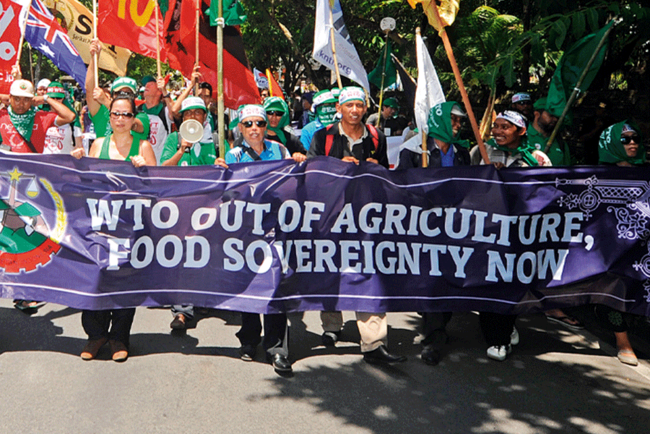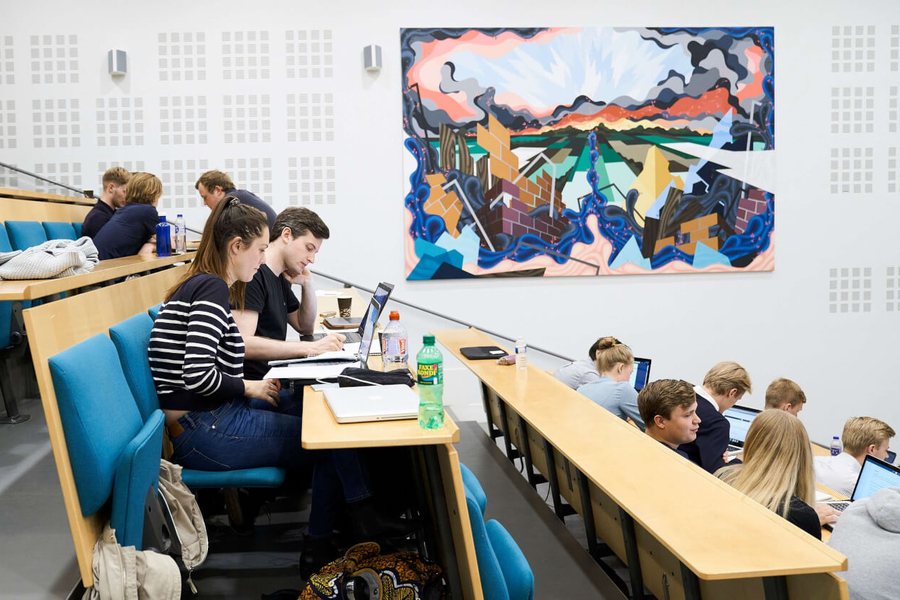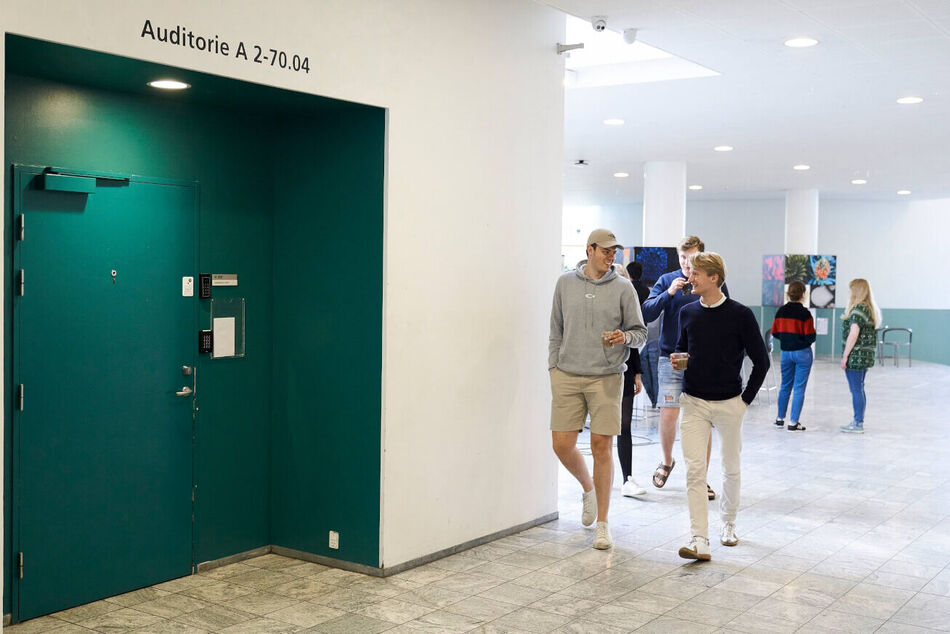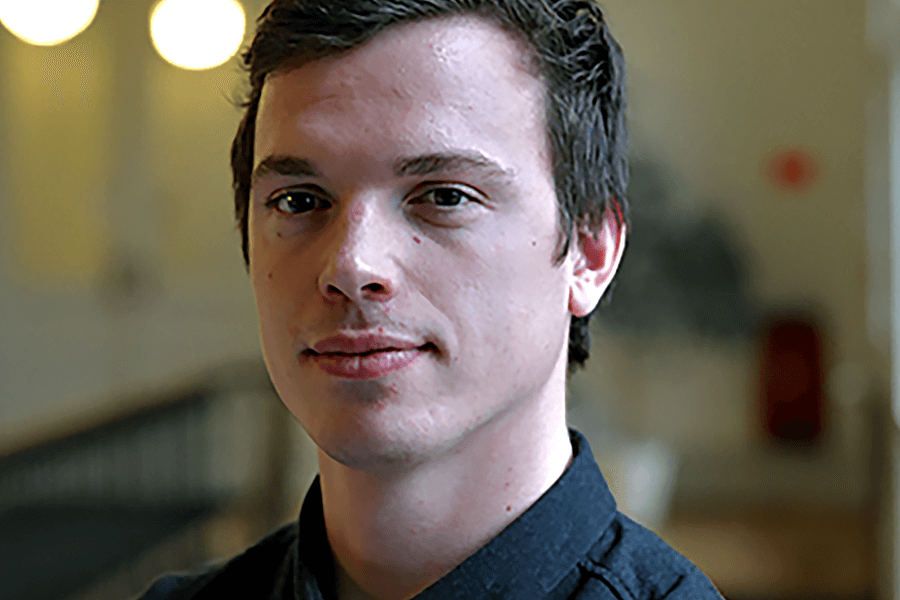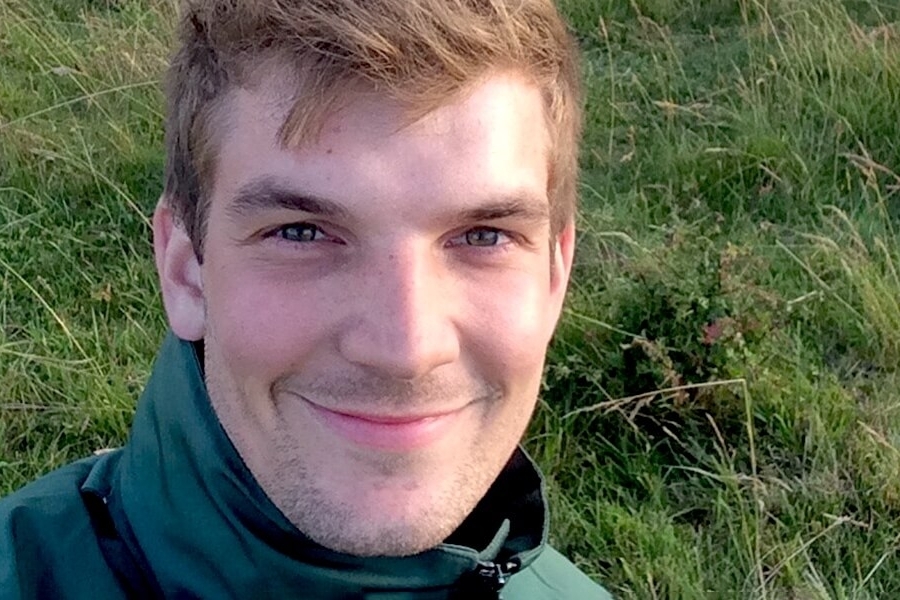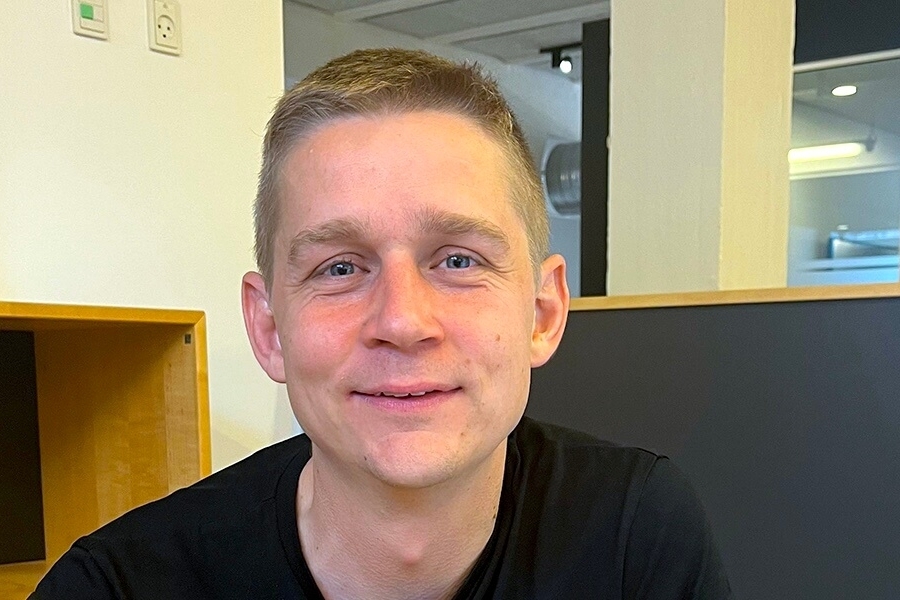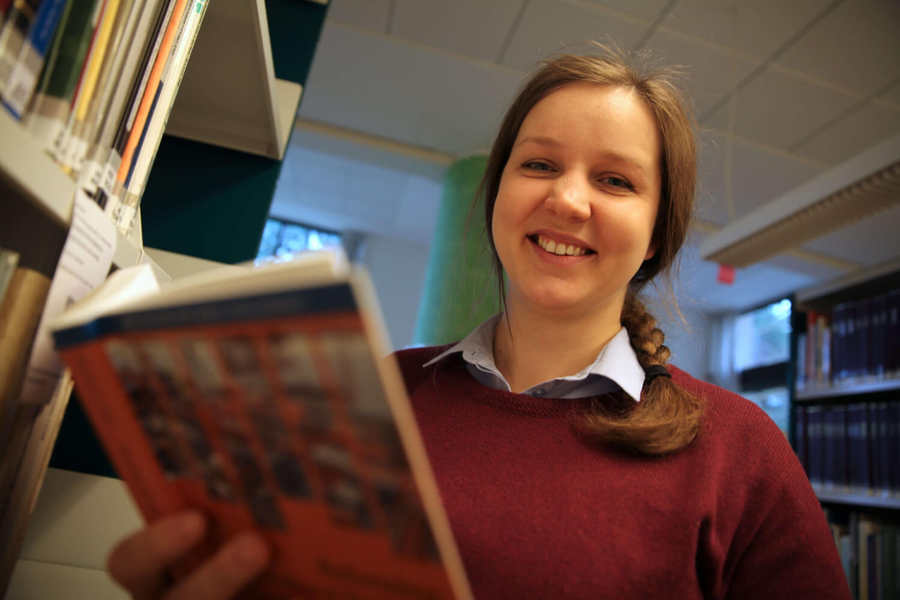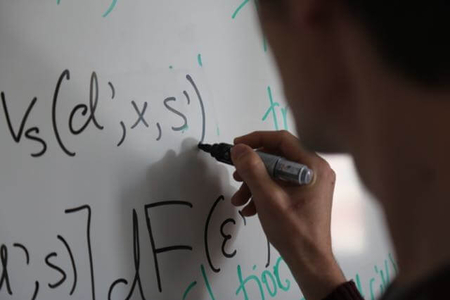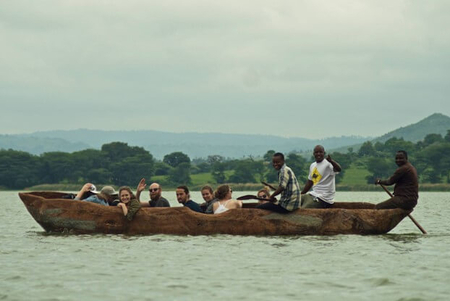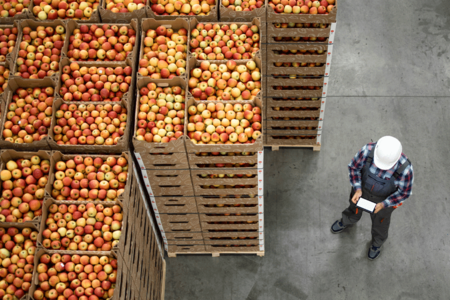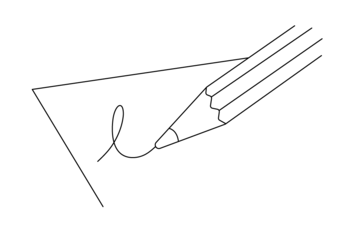I actually started my Master's in Ukraine. In the second semester of my Master's, I went on an internship to Denmark and that is how I and ended up staying in Denmark and studying at University of Copenhagen (UCPH). I didn’t want to go back and finish my Master’s in Ukraine, because the programme there wouldn’t give me the same knowledge I could gain here.
I moved to Copenhagen where I had to start from scratch. I had to take four supplementary courses. The courses were spread over a long period of time, so it took me almost two years.
Was Agricultural Economics the obvious way to go?
I knew I wanted to continue more or less in management or economics, so I chose the most interesting one.
Agricultural Economics was something new, but I found it interesting, and it just matched things, I already knew about. I specialised in International Economics and Development in particular, because I am interested in economic issues in developing countries.
How would you describe the programme?
This MSc programme is a two year programme where you take some compulsory courses but you also have elective courses where you choose subjects which are more oriented towards your interests.
For my specialisation, I chose International Economics and Development. Two of the compulsory courses are Applied Econometrics and Trade and International Cooperation. In addition to those you have a long list of courses you have to choose from.
I decided to take some courses, which are more related to business, including one which focused on EU regulations and standards, and another course which were held at Copenhagen Business School – it was an elective course where you can choose to go to one of the other faculties or you can go abroad.
Furthermore, I also did a course called Project in Practice where you can go abroad and have a very short internship. I spent four months in Zimbabwe Southern African Research and Documentation Center.
What was your thesis about?
I was investigating how increasing trade between Asia and Africa influenced the EU. My focus was one single country, Zimbabwe: how Chinese exports into Zimbabwe displace EU exports.
I was using an econometric model to do some estimates – to do quantitative analysis. I found that in the case of Zimbabwe, China has displaced EU. In manufacturing there was a huge displacement. I also wanted to include the political economy because Zimbabwe has had very chaotic political relations with the West for a decade, which is the explanation why the displacement happened. It’s very interesting.
What differs most from the your university in Ukraine?
It’s a completely different experience. In Ukraine, we focus more on memorizing things, while here you focus more on the analysis. Here you have to actually think a lot ... (laughs). And now I have kind of both – I’ve learned how to memorize things and how to analyse things.
And then of course you have group work here. In Ukraine you do everything on your own most of the time. While here most of the projects I’ve been doing during my courses, I have done in groups. So we are three or four people, we gather information, we discuss it, we decide what to write and then of course you sit down and write yourself.
How do you find being an international student in Copenhagen?
First of all everyone speaks English. You can communicate with everyone on the streets, in the shops and also here at the university.
I know that many international students are complaining about Danish people. That they are kind of closed and that it’s very difficult to get Danish friends. I can see that – but I also understand that, because if we have international students in Ukraine, it would be the same. It’s normal. You have your network already in the place where you grow up.
But during my studies I’ve met a few Danes and we are still in contact and I have become good friends with a few of them. They a very open-minded, keen to meet new people, and they have travelled a lot. I think it depends on who you meet.
Would you recommend the University to other internationals?
Definitely. It’s a great place to study, they have quite a few internationals and they have provided all the facilities for international students so they can feel comfortable here. I think Denmark and Copenhagen in particular is a good place for students. I found it … well, it’s not easy, but I can’t say it’s difficult to be an international student here.
What about accommodation?
It’s especially difficult to find accommodation in August and February. And it’s also quite expensive. People coming from Eastern Europe always complain about prices and that it’s expensive to rent an apartment.
So you need a student job. And a student job not only means money, it also provides an experience, especially if you find something that is relevant to your studies.
What kind of jobs can you get now when you have graduated?
There is actually a quite broad range of opportunities because my programme focuses quite a lot on analysing policies and solving problems. I could work both in the private and public sectors or, for instance, in international financial institutions like the EU, UN, the World Bank or OECD.
If we are talking about Denmark and the public sector here, then of course you have to speak Danish, but even if you haven’t learned Danish, there are so many international companies here dealing with agriculture and the food sector. It can also be banks. Many of the students who graduated from this programme work in consultancies which I guess is more business-oriented.
I would like to work with food security in developing countries. The UN has what they call a World Food Programme and that would be my first choice, because they deal with development and food security. Or it could be a job in an NGO.
Lena has graduated and now works as a Financial Analyst at A.P. Moller - Maersk.
